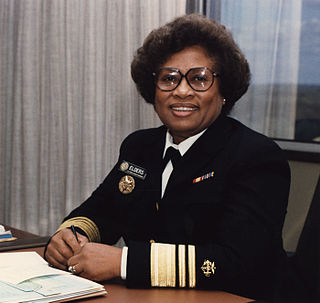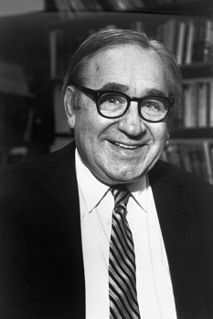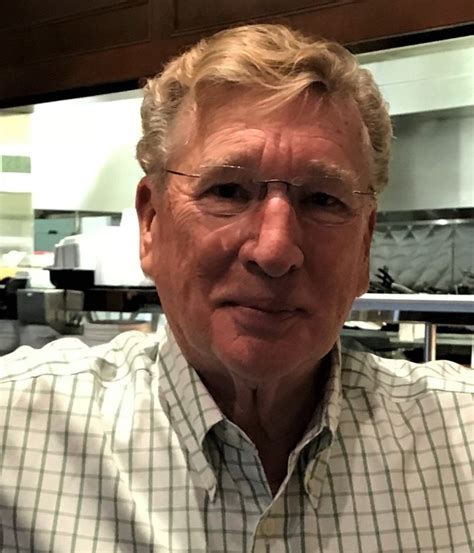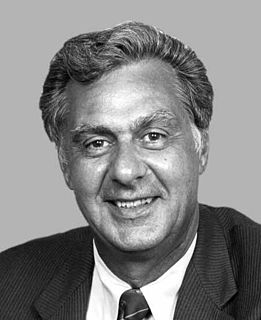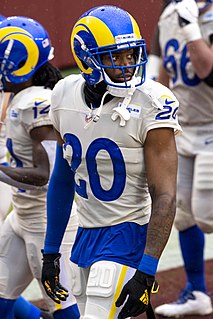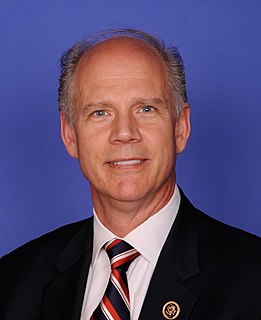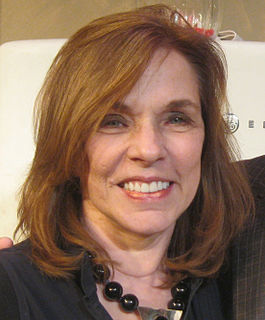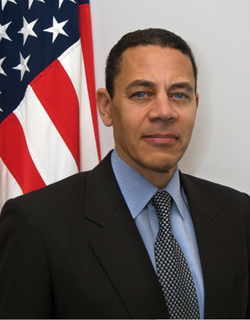A Quote by Li Keqiang
The term 'Xiaokang' is used today to refer to a society where people can receive education, get paid through work, have access to medical services and old-age support, have a shelter and more than enough food and clothing, and lead a well-off life.
Related Quotes
... if you're poor and ignorant, with a child, you're a slave. Meaning that you're never going to get out of it. These women are in bondage to a kind of slavery that the 13th Amendment just didn't deal with. The old master provided food, clothing and health care to the slaves because he wanted them to get up and go to work in the morning. And so on welfare: you get food, clothing and shelter--you get survival, but you can't really do anything else. You can't control your life.
Someone must transform income into the food, shelter, clothing, nurture, discipline, education, minding, nursing, transportation, and emotional support that creates life outside of the office, permits survival of the race, cares for the ill and disabled, and makes life livable when we can no longer care for ourselves.
As we get rich, the basics of life - food, clothing and shelter - become a very small part of total expenditure. And people have enough money to purchase things that enhance them spiritually, and I mean the word 'spiritual' not necessarily in a religious sense but in the sense that it adds to your feeling of well-being.
In today's world, people experience two types of poverty: the poverty caused by lack of food, clothing and shelter, and the poverty caused by lack of love and compassion. Of these two, the second type needs to be considered first because if we have love and compassion in our hearts, then we will wholeheartedly serve those who suffer from lack of food, clothing and shelter.
The economy is still substantially that of the fur trade, still based on the same general kinds of commercial items: technology, weapons, ornaments, novelties, and drugs. The one great difference is that by now the revolution has deprived the mass of consumers of any independent access to the staples of life: clothing, shelter, food, even water. Air access remains the only necessity that the average user can still get for himself, and the revolution has imposed a heavy tax on that by way of pollution. Commercial conquest is far more thorough and final than military defeat.
The biggest shortage in the world is not oil or food-it's leadership. Why is it such a scarce resource? Because egos get involved. Most people in top positions think they are better than somebody else, think they need something better than somebody else. It's economic assets, it's status, it's all those other things that prevent the people at the top from subordinating themselves totally to the people they lead. It is not socialism. Leaders get paid a lot more than those they lead, they get paid for their knowledge and skill...but they are no better as a person.
Mama, I know you used to ride the bus. Riding the bus, and it’s hot and bumpy and crowded and too noisy, and more than anything else in the world, you wanna get off. And the only reason in the world you don’t get off is it’s still fifty blocks from where you’re going. Well, I can get off right now if I want to. Because even if I ride fifty more years and get off then, it’s still the same place when I step down to it. Whenever I feel like it, I can get off. Whenever I’ve had enough, it’s my stop. I’ve had enough.
Today in America many people are living in a virtual world. They enter it through an internet access device and they navigate freely around it, and those people who learn how to navigate better in that space are finding that they have better access to information about jobs and education and all the good things that our society produces.
In the Internet world, both ends essentially pay for access to the Internet system, and so the providers of access get compensated by the users at each end. My big concern is that suddenly access providers want to step in the middle and create a toll road to limit customers' ability to get access to services of their choice even though they have paid for access to the network in the first place.

